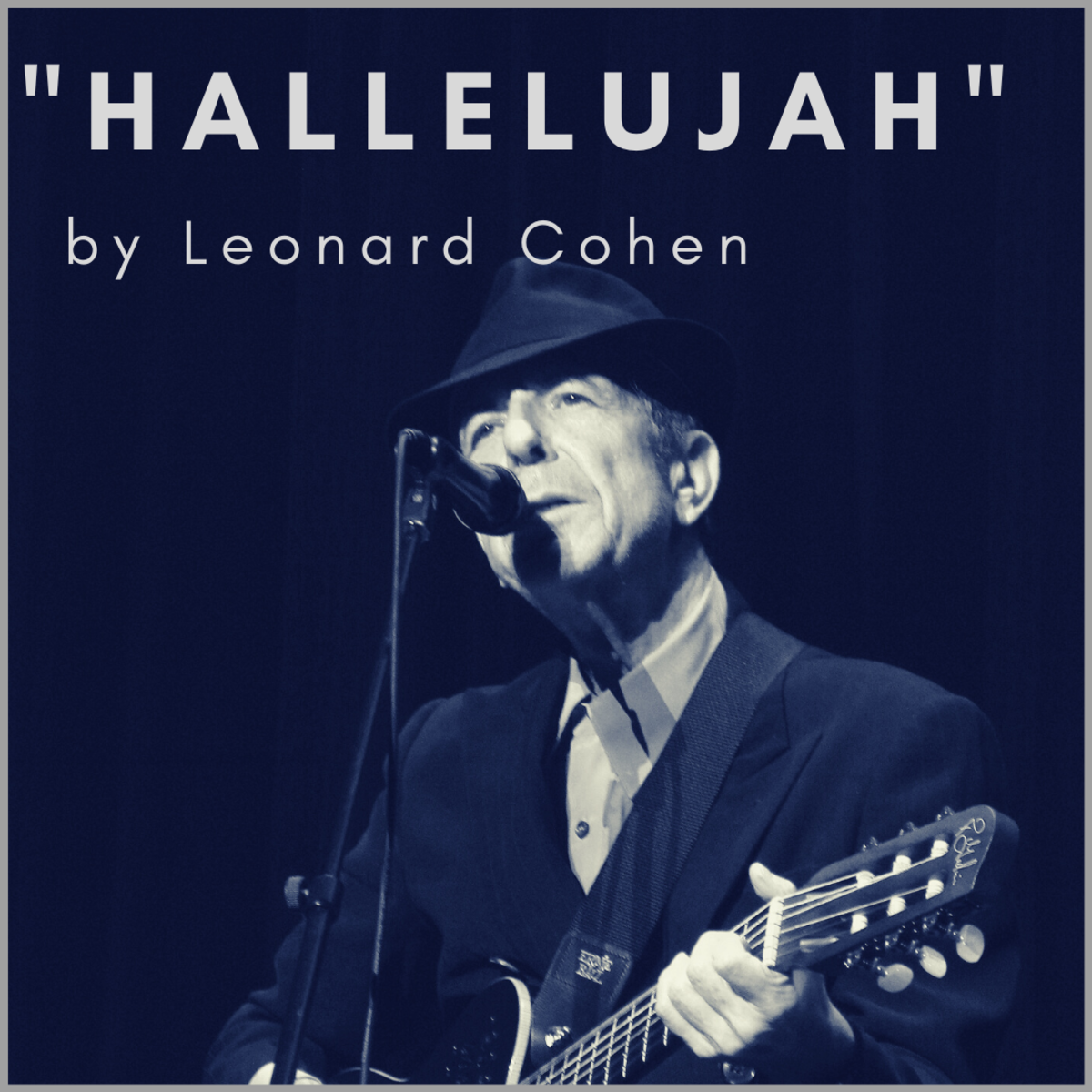
About The Song
Hallelujah is a song written by Canadian singer Leonard Cohen, originally released on his album Various Positions (1984). Achieving little initial success, the song found greater popular acclaim through a new version recorded by John Cale in 1991. Cale’s version inspired a 1994 recording by Jeff Buckley that in 2004 was ranked number 259 on Rolling Stone’s “The 500 Greatest Songs of All Time”.
Cohen is reputed to have written around 80 to as many as 180 draft verses for “Hallelujah”—a number affected by the accounting question that he had many versions of the same line. Cohen is said to have claimed 150 draft verses, a claim substantiated by his notebooks containing manifold revisions and additions, and by contemporary interviews. In a writing session in New York’s Royalton Hotel, Cohen is famously said to have been reduced to sitting on the floor in his underwear, filling notebooks, banging his head on the floor.
The song has been covered by many artists, including Bob Dylan, Willie Nelson, k.d. lang, Rufus Wainwright, and Bon Jovi. It has also been featured in numerous films and television shows, including Shrek (2001), Watchmen (2009), and True Detective (2014).
“Hallelujah” is a complex and multifaceted song that can be interpreted in many different ways. It has been described as a religious song, a love song, a breakup song, and a song about the search for meaning in life. Cohen himself said that the song is about “the relationship between the sacred and the profane.”
The song’s lyrics are full of biblical and religious imagery, but they also explore themes of love, loss, betrayal, and faith. Cohen’s vocals are haunting and melancholy, and the song’s melody is both simple and beautiful.
“Hallelujah” is a truly remarkable song that has resonated with people all over the world. It is a song that can be enjoyed on many different levels, and it continues to be relevant and meaningful today.